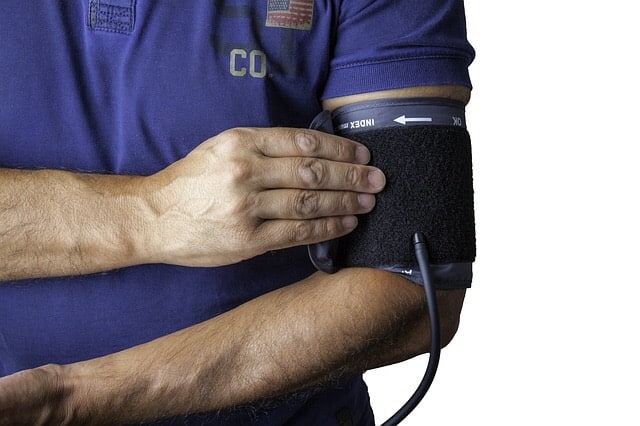What Is High Blood Pressure?
High blood pressure is a condition when the force of the blood against the artery walls is too high. Blood pressure can be determined both by the amount of blood your heart pumps and the resistance flow to blood flow in your arteries. The more blood your heart pumps and the narrower your arteries are, the higher your blood pressure rises. High blood pressure increases the risk of heart disease and stroke.
Blood pressure will change throughout the day. The lowest it will usually be is when you are sleeping. Emotions like being anxious or excited can raise your blood pressure. Stress can also significantly increase blood pressure. Blood pressure should be lower than 120/80 mmHg.
Lower blood pressure numbers are better, but extremely low blood pressure can also be a concern. A person who has chronic kidney disease and/or diabetes will need to monitor their blood pressure closely.
What Causes High Blood Pressure?
As we age, our blood pressure rises. Women over 55 and men over the age of 45 are at the highest risk of developing elevated blood pressure when they are overweight or have family history of it. Other factors can raise blood pressure. This list includes taking certain medications, consuming too much salt or alcohol, smoking, or not getting enough physical activity.
What are the Symptoms?
High blood pressure is known as the “silent killer”. Most people with high blood pressure show no signs of symptoms. Some people will have shortness of breath or headaches. These symptoms do not usually happen until the blood pressure has reached a life-threatening level.
What are the Complications of High Blood Pressure?
As blood pressure rises, the heart must work harder. The risks of strokes, kidney problems, and heart attack significantly increase. Undiagnosed high blood pressure can cause:
– Kidney failure (blood vessels in kidney have narrowed)
– Enlarging of the heart
– Hardened arteries (leading to stroke or heart attack)
– Aneurysm (life-threatening when they rupture)
– Heart failure (occurs when the walls of the heart thicken because of working too hard)
– Dementia (blocked arteries can limit blood flow to the brain)
How Can High Blood Pressure be Treated?
Healthier lifestyle changes or habits can reduce blood pressure. A heart-healthy diet including increasing produce and decreasing salt can help. Maintaining a healthy weight will also be beneficial. Limiting alcohol consumption and quitting smoking can have dramatic results. In some cases, adding medication to help lower blood pressure is needed when a person makes lifestyle changes but does not see results.
If you’re concerned or have questions about you or your loved one’s blood pressure, speak with a doctor as soon as possible.

